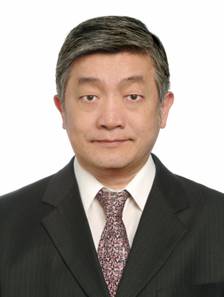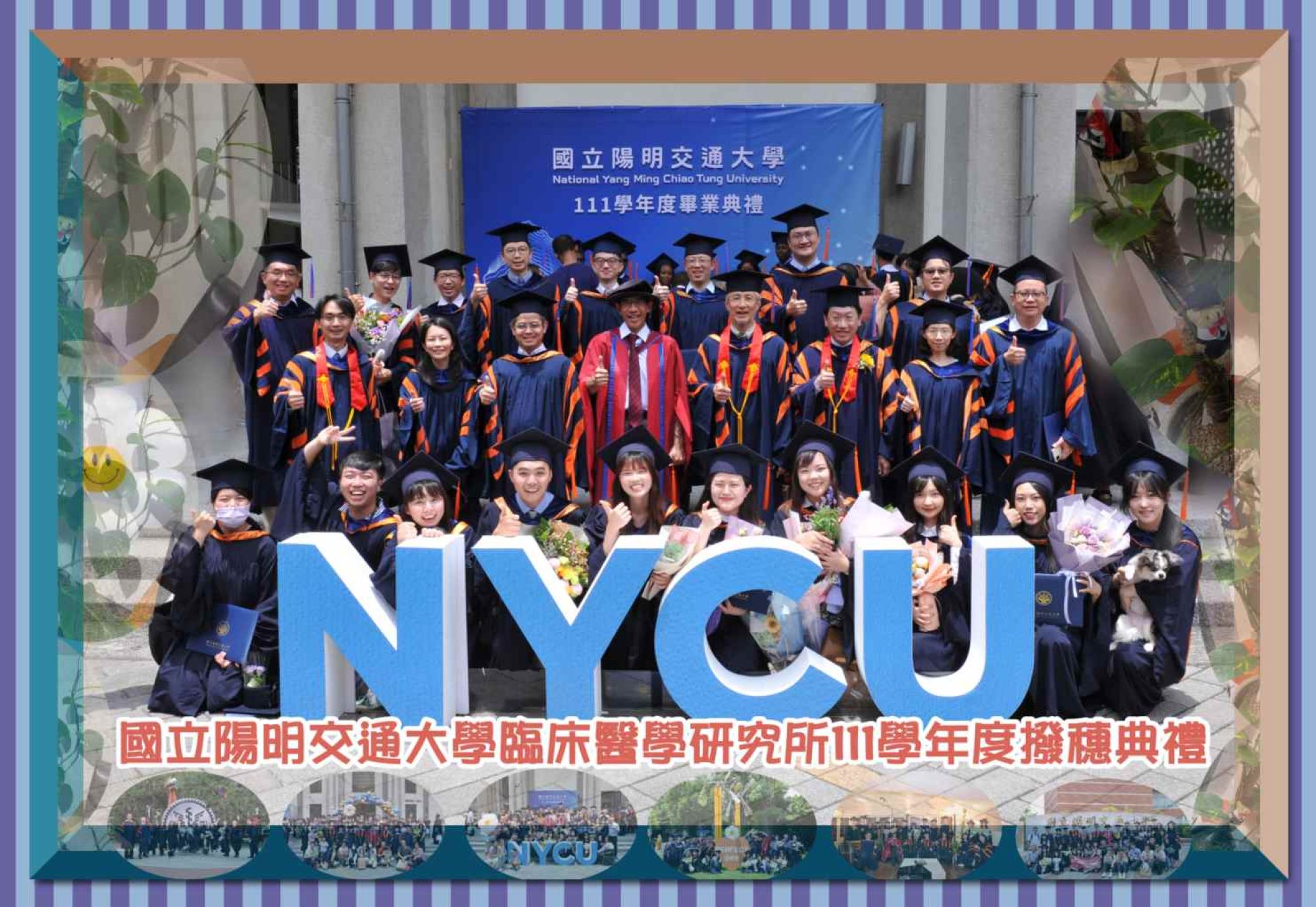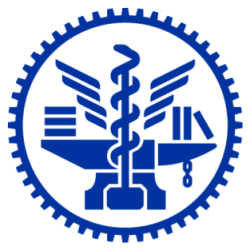
EDUCATION AND POSITIONS HELD:
- M. D., Taipei Medical College, 1972-1979
- Ph. D., Institute of Clinical Medicine, National Yang-Ming Medical College, Taipei, 1987-1990
- Professor in Medicine, National Yang-Ming University School of Medicine, 1994-
- Professor, Institute of Clinical Medicine, National Yang-Ming University, 1998-
- Director, Institute of Clinical Medicine, National Yang-Ming University, 2004-2010
- Attending Physician – Gastroenterology Division, Taipei Veterans General Hospital, 1986-
- Attending Physician, Department of Medical Research and Education, Taipei Veterans General Hospital, 2004-
- President, Taiwan Association for the Study of Liver (TASL), 2008-2009
- Executive member, Taiwan Association for the Study of Liver (TASL), 2010-present
- Board Member of the prevention and treatment committee for hepatitis and
- hepatocellular carcinoma, Department of Health, Taiwan
HONORS:
- Professor Sung Juei-Low’s Academic Prize for Excellent Research, 1990
- Winner of National Science Council’s (NSC) Outstanding Achievement in Science and Technology Award, 1993-1994, 1995-1996, 1997-1998
- Outstanding merit and high scholastic achievement to medical and pharmaceutical research award of Wang Ming-Ning Foundation, 1996
- Presidential Award, 17th Asian Pacific Association for the Study of the Liver Conference, March 27th – 30th 2007, at Kyoto, Japan, 2007
- One of the Important Academic Achievements at the 50th Anniversaries of Taipei Veterans General Hospital, 2009
- Outstanding alumnus in Academic Achievement Award, National Yang-Ming University, 2010
- Distinguished professor, National Yang-Ming University, 2007-2011
RESEARCH INTERESTS:
Hepatitis D virus (HDV): HDV may induce fulminant hepatic failure or aggravates underlying hepatitis B. There are 8 genotypes of HDV and genetic heterogeneities among different genotypes. In our previous studies, we have discovered major transmission routes of HDV infection which leads to the reduction of acute HDV infection, novel HDV genotype 4, factors associated with disease progression, HDV recombination in immunogenic domains that leads to immune escape, cytotoxic T cell epitope associated with immune selection of HDV variants in quasi-species, and viral determinants associated with genotypic distribution in the world, We will continue to study the mechanisms of HDV genotypes and mutations on viral replication, assembly and pathogenesis. Mechanisms and prediction of postoperative recurrence of hepatocellular carcinoma (HCC): Resection of tumor is the mainstay of curative therapy for HCC. However, 5-year postoperative recurrence rate may be up to 70%. We found that epithelial-mesenchymal transition (EMT) is closely related to early recurrence of HCC. Late recurrence (>2 years after operation) is related to HBV viral load, inflammatory activity and fibrosis score in the non-tumorous liver tissue. Our serial studies provide holistic view and an integrative strategy for the treatment and prevention of HCC recurrence. We will continue to investigate on this focus.

